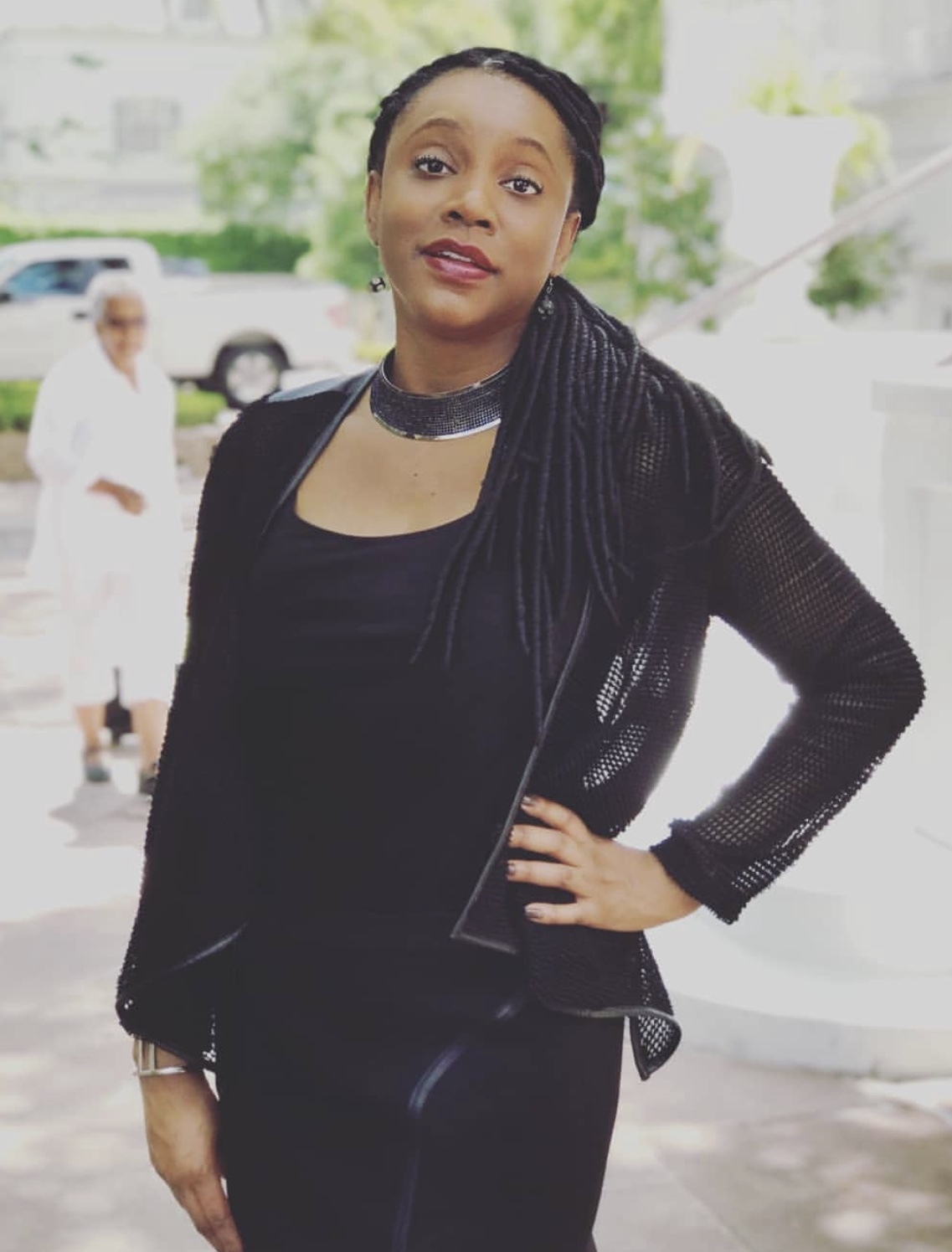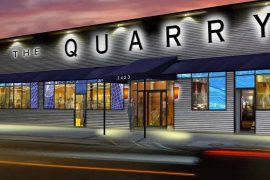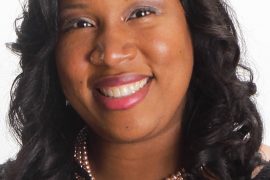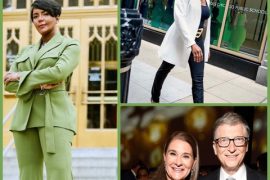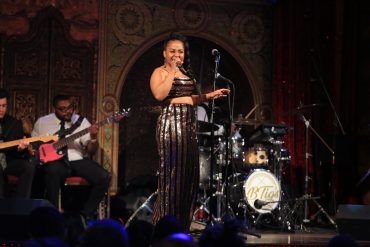Kyra Kyles, a former prominent Chicago journalist and media executive, has moved to Oakland, California to become the CEO of YR Media, a non-profit dedicated to fostering young journalists and musicians.
A media practitioner for over 20 years, Kyles has an impressive track record of expanding young audiences and leading sustainable organizational growth.
Her last role before leaving Chicago was as Program Officer of Media and Storytelling for the Field Foundation. In that capacity, she managed a groundbreaking equity-based journalism and documentary filmmaking fund, the first of its kind in the organization’s history.
Previously, Kyra was Editor-in-Chief and Senior Vice President of Digital Editorial for Ebony Media Operations. Before that, at the Chicago Tribune for six years, her charge was to attract and energize young audiences. As she increased the Tribune‘s multicultural coverage, she gained recognition as a digital pioneer, print reporter, blogger, and on-air personality.
Kyles’ skills, experience, extensive knowledge and her ability to forecast a bright future for the organization will be a tremendous asset to YR Media. N’DIGO recently chatted with Kyra about her varied career in journalism and the world of media in general.
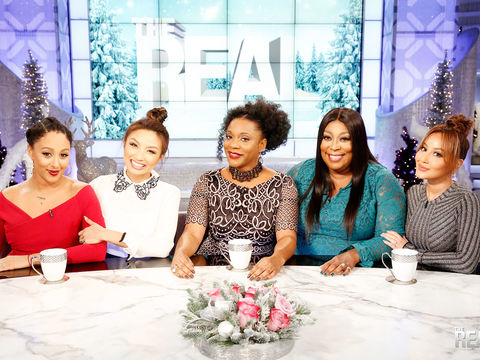
N’DIGO: You have been on many sides of journalism, as a writer, content provider, in philanthropy, and now as Chief Executive Officer of YR Media. So, what do you know for sure?
Kyra Kyles: Great question! What I know from all of my work in content is that there is, and has long been, an urgent need for more people from underrepresented communities to be part of newsrooms, and not just the target of news coverage that all too often doesn’t reflect our reality. This is a truth that expands well beyond journalism, of course, as you’ve seen in the recent furor over the homogeneity of the Oscars, BAFTA and the Grammy awards.
However, from my perspective as a journalist and media executive, you won’t see change in who gets recognition and who merits fair coverage until you change who the decision-makers are and share the power equitably. No matter what position I’ve held, I’ve worked toward this goal and will do the same at YR Media, where I believe our content creators, young people from underrepresented communities, are at the center of storytelling and can be the future of workplaces, from newsrooms to music production studios to graphic design agencies and movie lots.
What do you want them to learn about media?
I want them to learn that media is critical to shaping society. So many government policies and societal attitudes about policy come from the way information is presented to potential voters. So many perceptions about who belongs (and who doesn’t) come from a narrative on the six o’clock news or in a YouTube rant.
I despise the origins of the newly coined term “fake news,” but I know that communities of color have never been strangers to this phenomenon of stories and stereotypes being conjured about them from thin air. For centuries, we have had to fight to get our stories told. That fight is not over and the stakes are so high at this particular moment in time.
I also want participants at YR Media to learn that these are viable careers for them. Young people are often talked about, but not talked to by newsgatherers. That needs to change and YR Media is proof that it can. I’d extend that to the amazing work YR Media is doing with platforms and storytelling vehicles including music production, documentary filmmaking, and podcasting. They need to know they belong in all of these spaces, and should occupy their place weaving the narrative unapologetically.
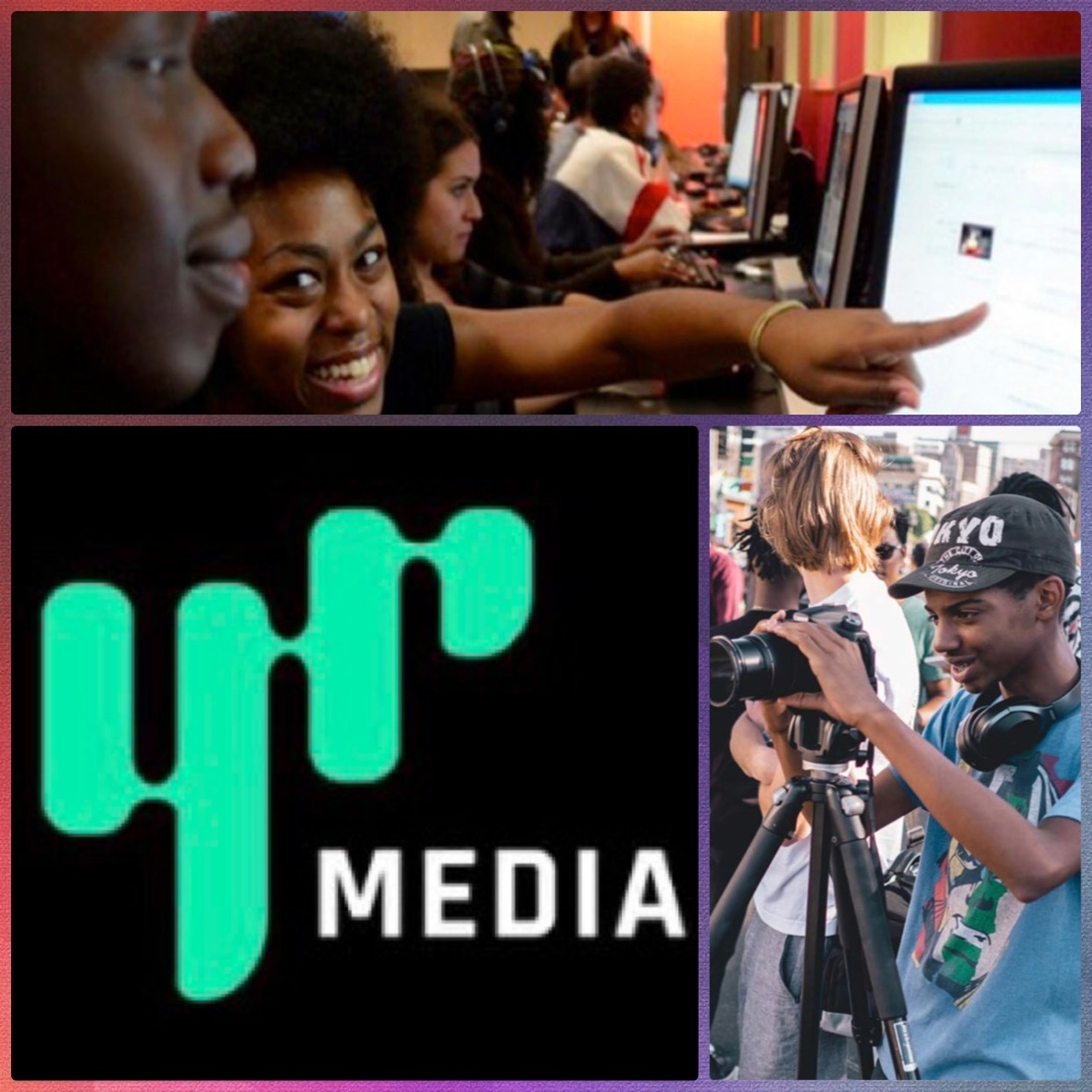
While at the Field Foundation, how did you look at funding projects?
I followed the innovative, essential and necessary path blazed by Angelique Power, the Field Foundation’s president, in centering the South and West Sides of Chicago and surrounding suburbs and also zeroing in on founders and leaders Field refers to as ALAANA (African, Latinx, Asian, Arab, Native American). Joining that brand new portfolio and taking that vantage point was natural for me because that is what I’ve been urging newsrooms to do throughout my career, and furthering newsrooms that looked like actual America was part of the reason I became a journalist.
I wanted to ensure that the projects we funded would have impact and be able to counter the narrative that the only things that matter in Chicago happen in the Loop and on the North Side. Chicago has a hugely diverse population, though it is segregated, and there is not as much diversity in storytelling. I’m proud of the work done through that portfolio with generous support from the John D. and Catherine T. MacArthur Foundation and the Democracy Fund. I know it will, and must, continue.
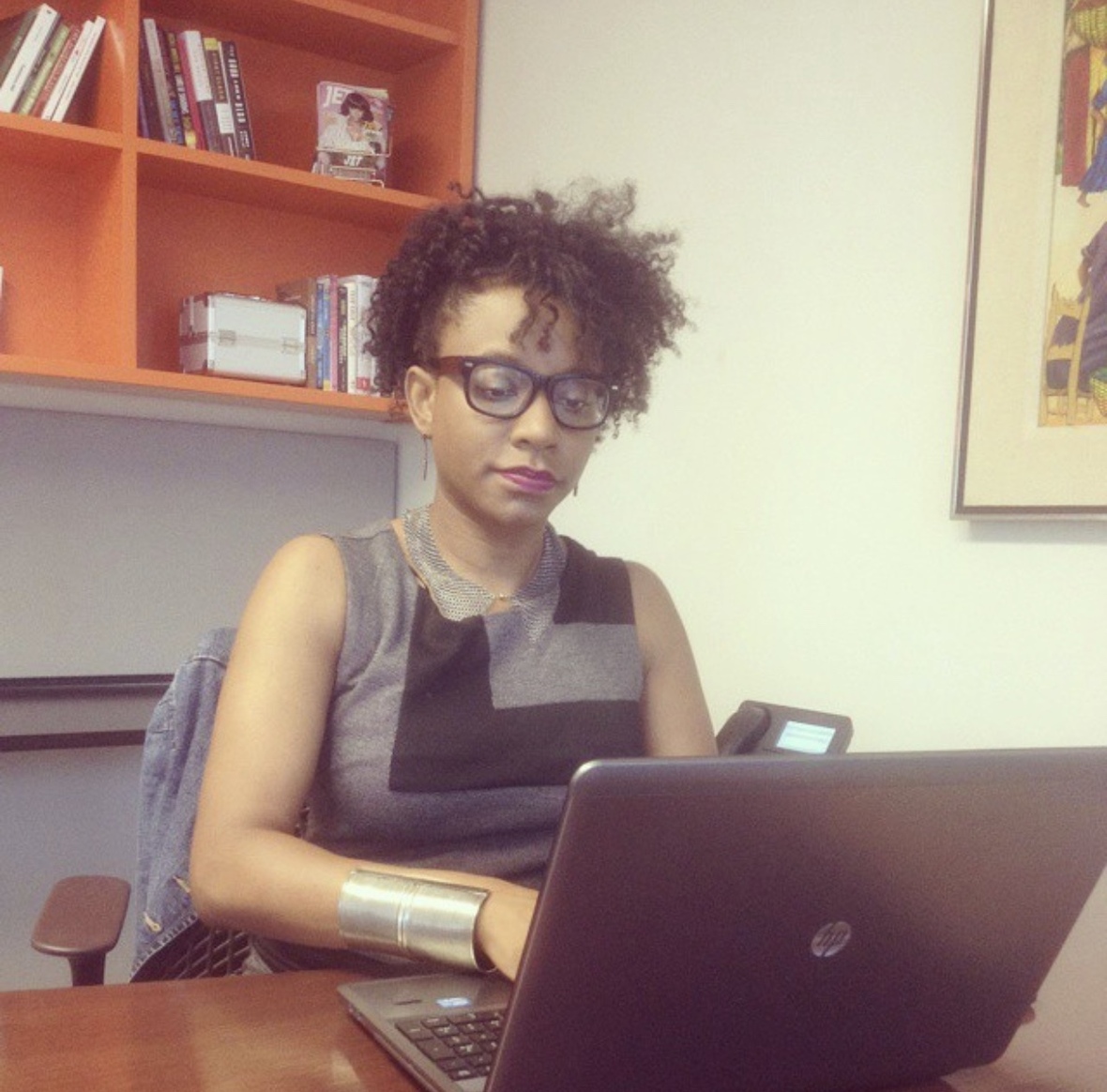
How has media changed throughout your career, from Ebony to the Chicago Tribune and RedEye?
I think social media and branding play a much greater role in media than it did when I started my career. Throughout my days at RedEye, then at Ebony, and even as a contributing writer, the importance of engaging with and addressing social media audiences skyrocketed. I also noted that the line between sponsors and newsrooms began to fade, as newsrooms were compelled to look beyond advertising for revenue. I believe the way we do that is important, and that it can be handled responsibly depending on the subject matter. You never want an advertiser to compromise your mission and purpose.
How has Black media changed?
Black media has diversified. It is the wit of The Root. It is the sisterly support of Essence. It is Nikole Hannah-Jones and her brainchild, “The 1619 Project” within the New York Times. It is the inspiration of Eunique Jones Gibson’s Because Of Them We Can campaign. It is the goal-getting of Black Enterprise. It’s a Twitter thread that brings life to movements.
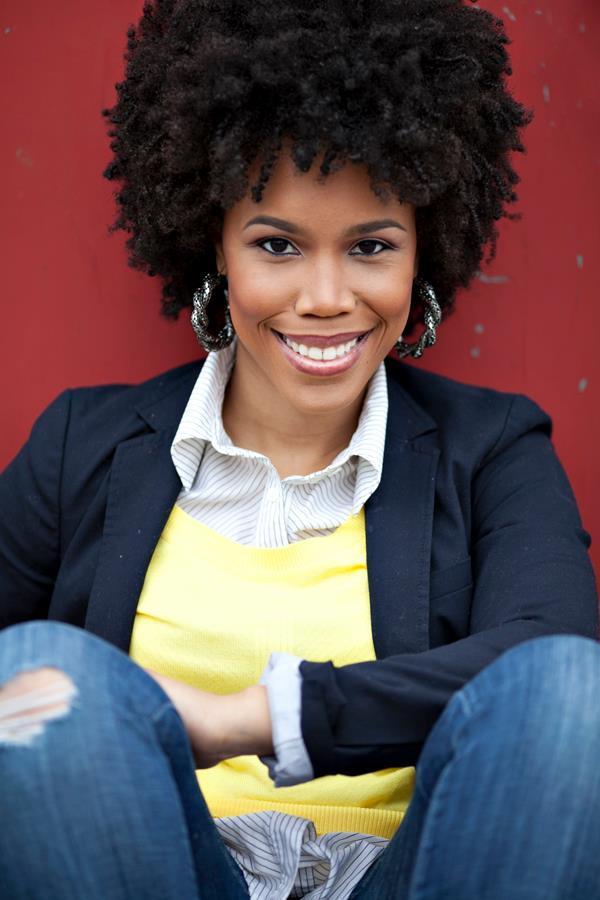
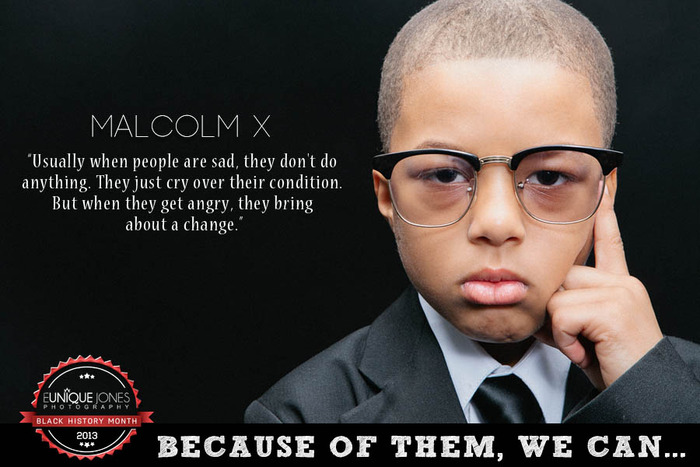
Black media is, as it has always been, reflective of the different gradients of identity within Blackness and it is also adopting new platforms and revenue models. We may no longer get the majority of our news from two or three revered magazines or newspapers once delivered to our doors, but the coverage of us/by us remains vibrant and awe-inspiring.
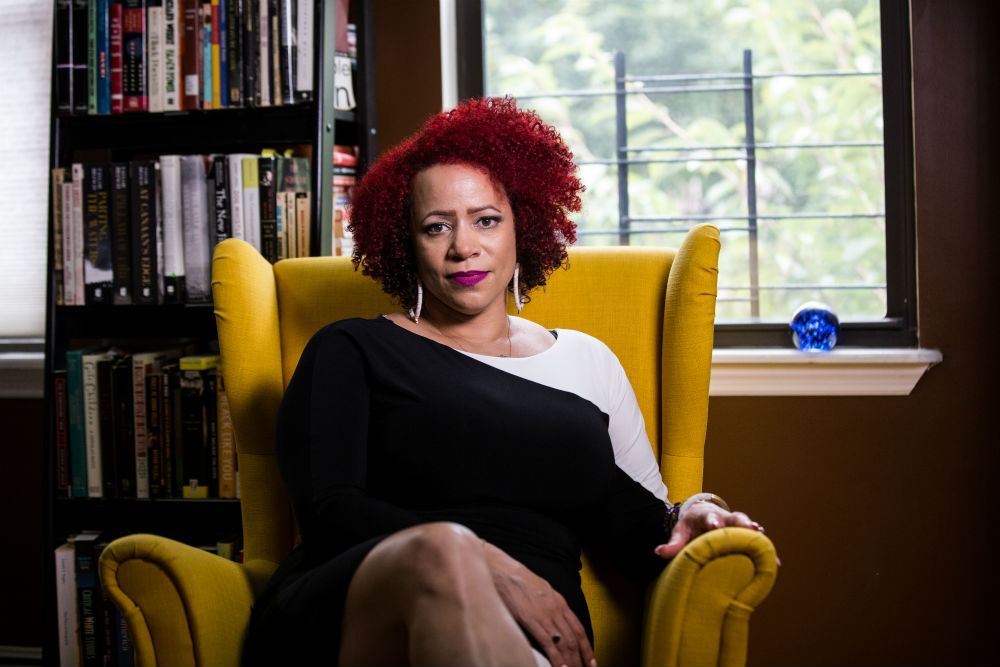
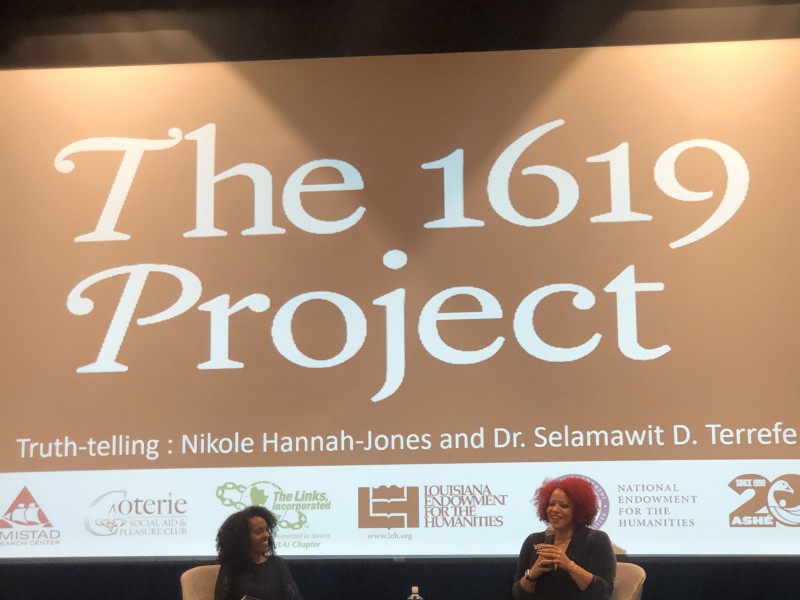
What is the state of Black media today, from your perspective?
General media is on much shakier ground due to changes in sustainable business models, and of course, Black media experiences that to an even more debilitating degree because it never had the advertising and sponsorship support it deserved.
But if I know anything about us as a people, we remain resilient in anything we attempt and don’t let a lack of resources stop our creativity and productivity. I do look, with hope, upon new streams of revenue and creative partnerships that will allow our legacy and start-up media to continue to deliver what is clearly needed, a unique perspective and nuance that is still in short supply when it comes to mainstream narratives.
What is your career advice to a beginning media person?
We live in a glorious age where you don’t have to ask anyone’s permission to produce and distribute content. You are one social media sign-up from being your own news outlet. I’d caution an emerging media person though to learn the craft and be responsible. Clickbait often gets eyeballs, but if you aren’t producing quality, authentic content, you become part of the problem, versus a sorely needed solution to diversity of voice.
What medium is your favorite?
I don’t have a favorite per se because I feel each medium offers its own benefits and setbacks. I like to let the story dictate the platform. Personally, I’ve always loved public speaking so I like doing live radio and TV broadcasts because of the immediacy and unpredictability. It can be very exciting!
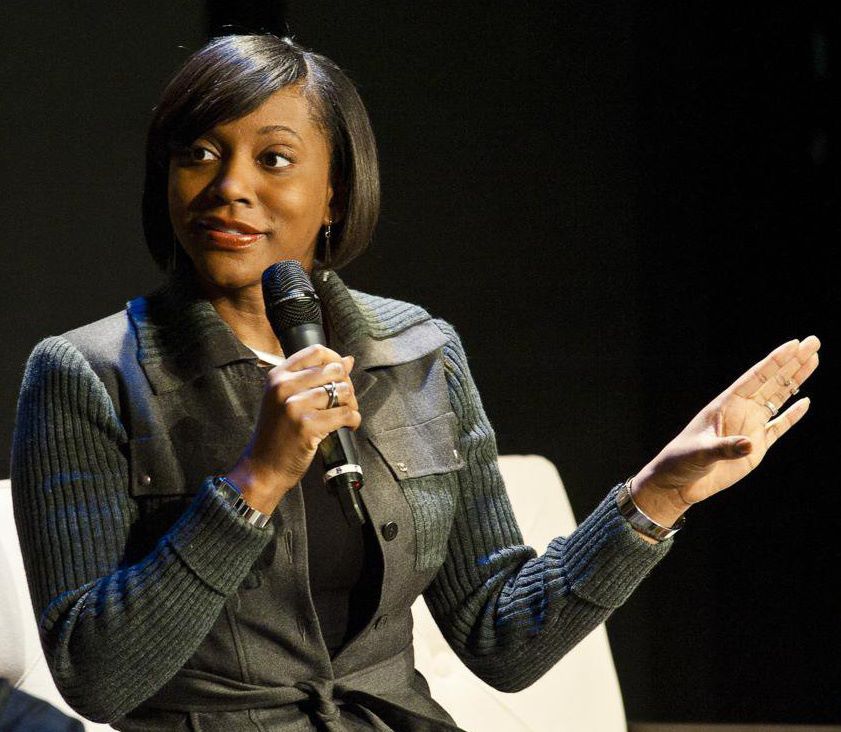

What is your favorite book?
I am a voracious reader, so it is hard for me to select a favorite, but as an avid sci-fi and fantasy fan, a book that recently moved me and awakened areas of my mind I didn’t know existed was Nalo Hopkinson’s Skin Folk, a collection of short stories. She truly is brilliant, and as a journalist so typically focused on facts, I enjoy reading and writing fiction to keep my imagination stimulated.
You have moved to Oakland California; what would you like to take with you from Chicago?
I’d like to take the humility and hardworking spirt of Chicago with me. We operate with a decorum, industriousness and lack of pretentiousness that has served me through my career and I won’t abandon it now. However, don’t say “so long” to me just yet. I will be spending time in Chicago as well as other cities who need more youth content creation platforms and support. YR Media is based in Oakland, but our reach and impact is national.
